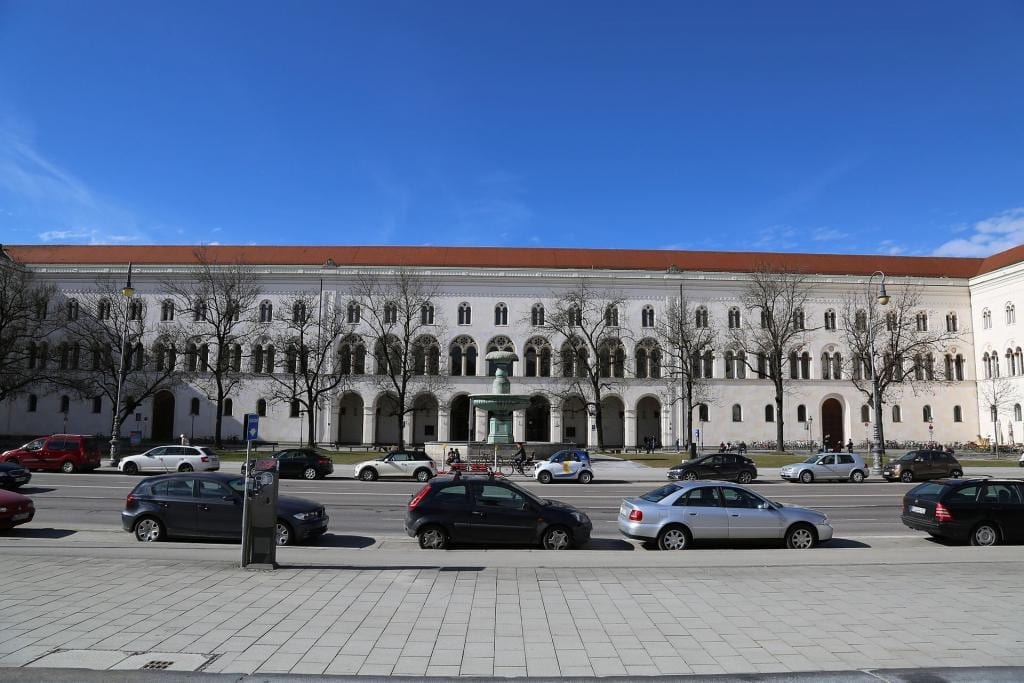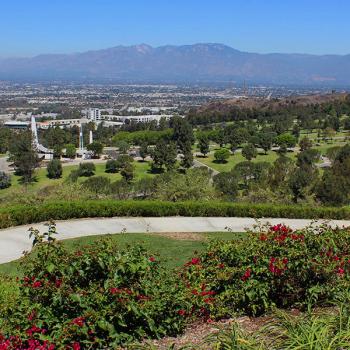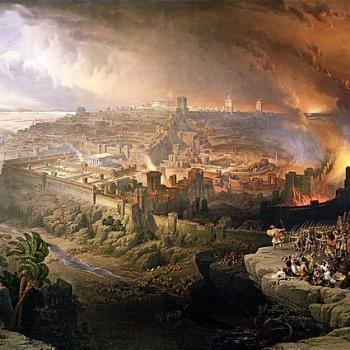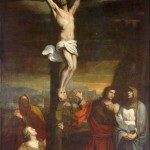
Two lengthy contiguous passages excerpted for future reference from Wolfhart Pannenberg, Jesus — God and Man, 2d. ed., translated by Lewis L. Wilkins and Duane A Priebe (Philadelphia: The Westminster Press, 1977):
To be sure, modern man apparently lives surprisingly well without being disturbed by the question about death. But it is very doubtful whether this picture is not deceptive. Ernst Bloch has expressed the suspicion “that death (we do not know for how long) can only be suppressed so well because new life was once hidden behind it, that is, it was dreamed about and believed to be there. Thus it becomes improbable that the creaturely anxiety in the face of death has been removed by the late bourgeoisie merely by looking away. Superficiality alone is no emancipation. And suppression alone gives no feeling of victory. . . . Rather, clear signs indicate that earlier and richer forms of wishful dreams continue and give support in the unconscious. Through what remains from these ideals, the so-called modern man does not feel the chasm that unceasingly surrounds him and that certainly will engulf him at last. . . . Thus, in its ability to suppress the anxiety of all earlier times, apparently this quite shallow courage feasts on a borrowed credit card. It lives from earlier hopes and the support that they once had provided.” (84, citing Ernst Bloch, Das Prinzip Hoffnung [2d ed.; Frankfurt am Main: Suhrkamp Verlag, 1959, 2:1360f)
Whether or not hope is a meaningful attitude in life at all is decided for the individual in the final analysis in the question of whether there is anything to be hoped for beyond death. The meaning of all provisional images of hope is threatened by the inescapability of the fate of death. This harshest hindrance to hope, the knowledge of the inescapability of one’s own death, is, just like hope itself, specifically human. If death is the end, then all hope for a coming fulfillment of existence seems to be foolish. For how foolish it is to long for a future that, first, always remains uncertain and, second, even at best — namely, when it is really fulfilled — only brings one nearer to the grave. In contrast, the proper art of living would indeed consist in enjoying the present day: “Let us eat and drink, for tomorrow we die” (I Cor. 15:32). But this, too, provides no exit. When knowledge of the inescapability of death has really seized a person, then everything that fills his days becomes stale and empty. Modern medicine has recognized that radical hopelessness has death has its consequence. On the other hand, through a hope which is directed without illusion toward the future, even the mortally ill, even with full knowledge of their condition, can acquire strength to endure the end of their existence in a human way. (84-85)












